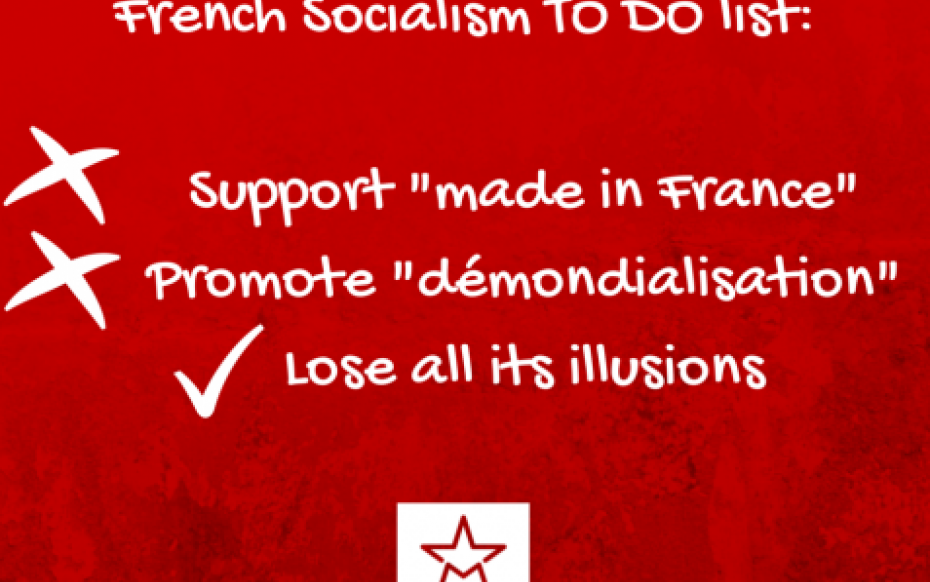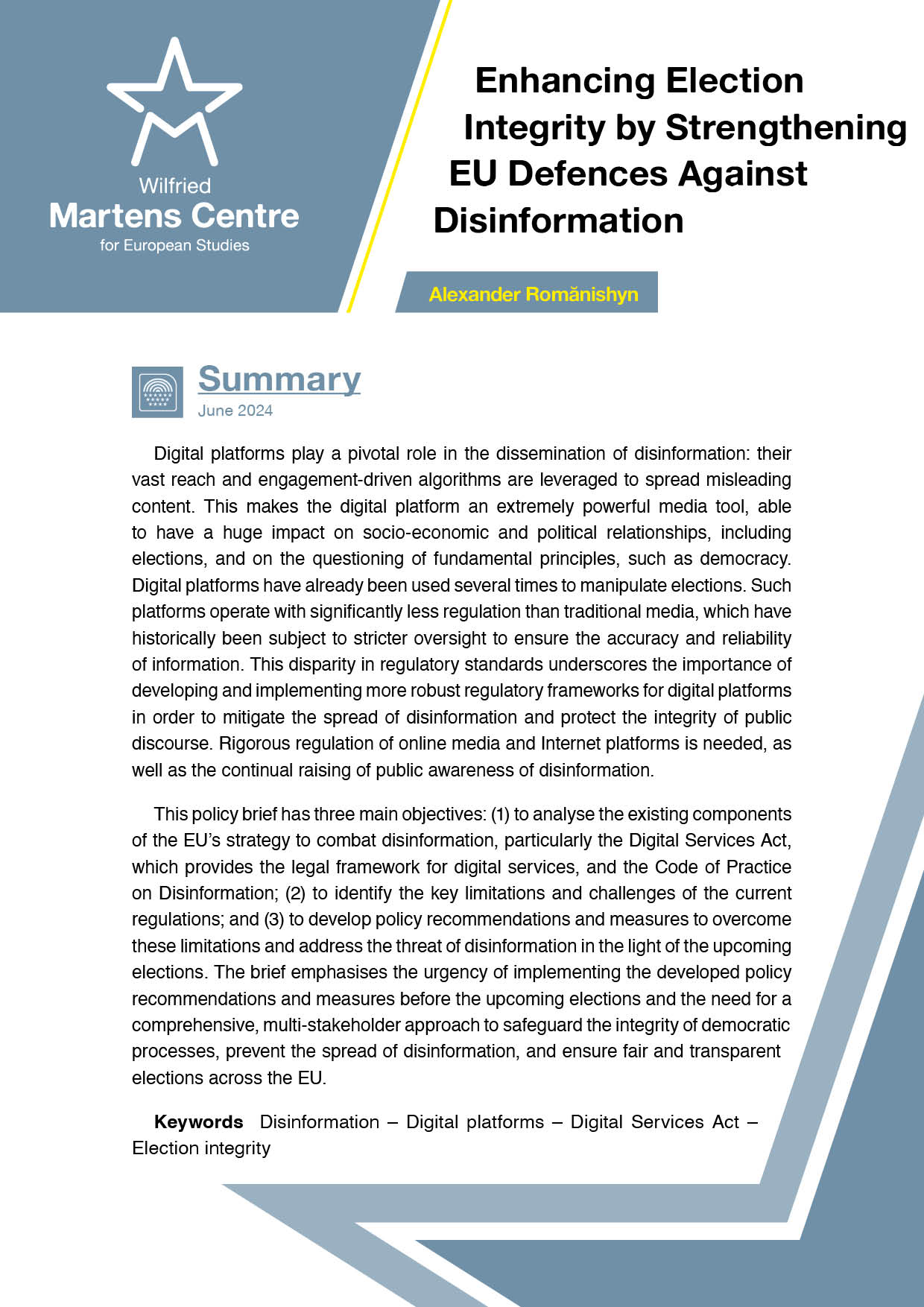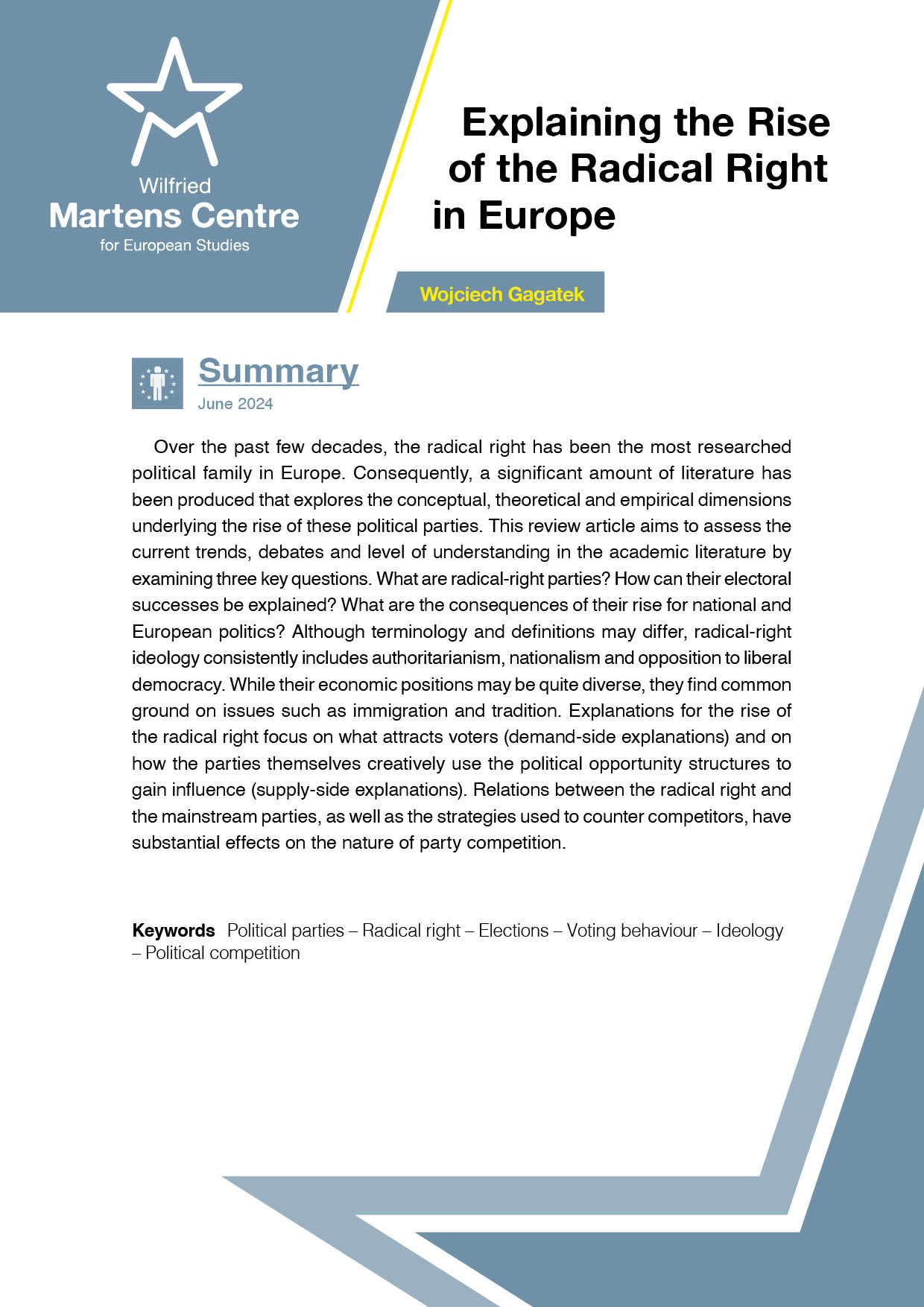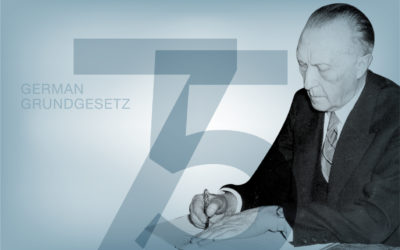French Socialism: Lost Illusions
12 September 2014

‘Gouverner, c’est choisir’ (ruling means choosing). It seems that French Prime Minister Manuel Valls abides by this famous saying by Pierre Mendes-France, head of the French government from 1954 to 1955, and has forced it upon President François Hollande.
The government reshuffle of 26 August indeed shows that the illusion of a compromise between two radically diverging political and economic positions within the ruling Socialist Party has been crushed. The leftist Arnaud Montebourg, Benoit Hamon and Aurélie Filipetti (former Ministers of the Economy, Education and Culture respectively) are no longer part of the ruling team; Montebourg because he publicly claimed that the government’s economic policy was wrong and heading for disaster, Hamon and Filipetti because they backed him. The supporter of the ‘made in France’, of a diplomatic confrontation with Angela Merkel and of the ‘démondialisation’ is gone. Emmanuel Macron, a former investment banker, will replace him. ‘My enemy is the financial world’, Hollande said during his election campaign. But then, the President said many such absurdities in 2012.
What remained of the left wing of the PS has by now (almost) entirely been removed from government. Valls received a standing ovation following his speech before the employers’ union (Medef) on 27 August, where he made his ‘j’aime l’entreprise’ plea. He paid tribute to employees, employers and shareholders. Yes, shareholders. For a moment, I half-expected him to quote Margaret Thatcher’s best lines on popular capitalism.
So is the PS undergoing its ‘Bad Godesberg’, its ‘Clause Four Moment’, before our very eyes? Rhetorically, the right has never dared going that far. I say rhetorically, because Valls resembles more a shady pink Goliath than a French version of the Iron Lady or of Tony Blair. For all the alleged dynamism and decisiveness of the Prime Minister, there is no plan for reform, as the country is set to miss (yet again) its European obligations with regards the deficit. If the old left was killed in government, it survives in Parliament and prospers among the militant base, as the yearly Socialist Congress in La Rochelle has shown.
Already in April, 44 Socialist MPs refused to support the fiscal consolidation programme. The ‘fronde’ (revolt) has grown since then. The Greens can no longer be relied upon. The Communists divorced some time ago. This government has in effect no parliamentary majority, a perilous situation in view of the confidence vote to be held on 16 September. Therefore, however strong the words may sound, the government will have to compromise (rather: mutilate, or at least delay) those reforms which we have heard of so much since 2012. It is the price to pay to keep a centre-left parliamentary majority. The government does not want to beg the support of individual centrist and right-wing MPs. Politically, that would be a dangerous move for both PS and UMP.
Ironically, looking at the polls, one would think that the government has room for manoeuver: over 60% are in favour of cutting expenditure and becoming business-friendly. Moreover, a clear majority of the electorate believes that Hollande and Valls were right in ousting the leftists. Then, one may wonder why three quarters of the country have no trust in Valls’ team. In fact, for months now the prime minister’s popularity has been sliding downwards ever faster. He might enjoy a post-reshuffle boost, but this will be a short-lived relief. This, again, goes to the heart of the relationship that French people have with their politicians. Hollande, Valls, any minister, can claim just about anything; the country hears, but does not listen.
The same is more or less true of the UMP. This is why many right-wing MPs fear dissolution: overall, the UMP does not want to rule the country right now, especially with Hollande as head of state. How could it present itself as an alternative for the 2017 presidential election if the Prime Minister were seen weekly shaking the President’s hand, attending European and world Summits with him and if, as could be predicted, the government lacked any political will in fear of jeopardising the presidential election? It would further fuel Marine Le Pen’s devastating ‘UMPS’ rhetoric and set the picture for a Hollande – Le Pen runoff in 2017 which, according to current poll figures, Le Pen would easily win.
However, there is another option mentioned in the Constitution: should Parliament be dissolved and the UMP win, the party could refuse to govern. This would place the pressure back on Hollande and ultimately force his resignation, thus triggering an early presidential election. Such a move would be a return to the spirit of the Fifth Republic, with a President stepping down when he no longer has the backing of the electorate.
Back in 1953, in his speech to the National Assembly, Pierre Mendes France ended by saying: ‘Let us work together to give [our country] back its faith, its strength and its vigour, thus ensuring its recovery and renovation. Rest assured that once healed, far from blaming you for your thoroughness and courage, [the country] will be grateful that you enlightened it and showed it the way to its revival’. Unfortunately, for now, there is still no Mendes France-like figure on the left side of the French political spectrum.
ENJOYING THIS CONTENT?


















